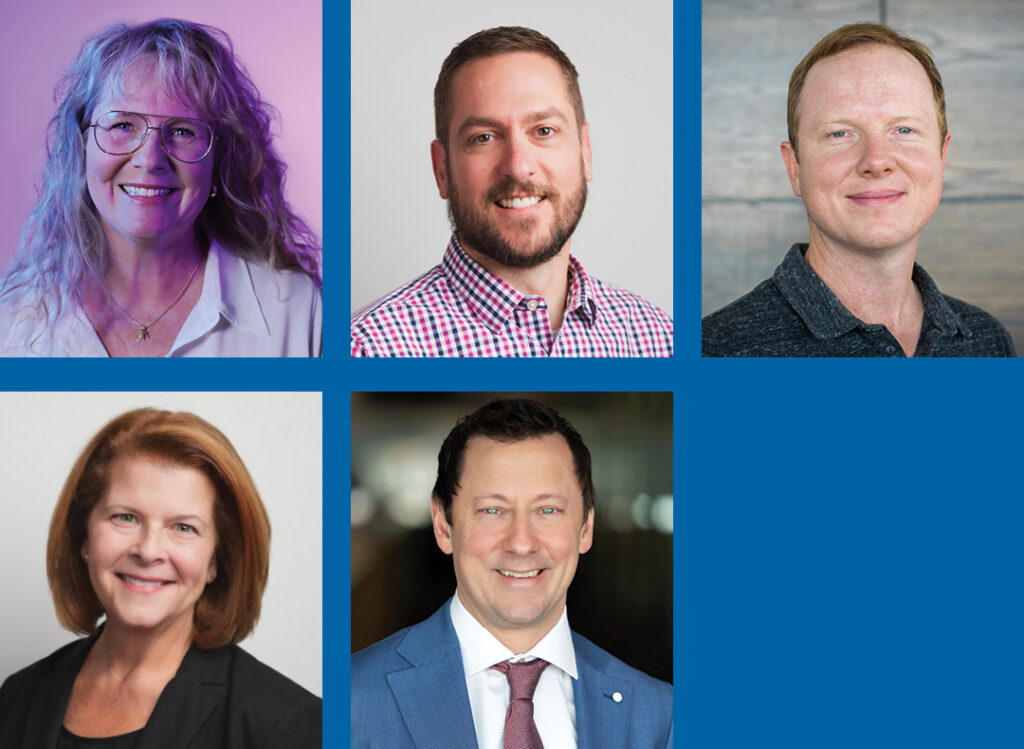NOTEBOOK: Are local officials underusing big data? asks speaker

PERRY BEEMAN May 14, 2018 | 8:15 pm
1 min read time
321 wordsEconomic Development, Innovation and Entrepreneurship, The Insider NotebookThe 180 or so participants in the annual Greater Des Moines Partnership lobbying trip to Washington, D.C., returned on Friday. We’ll have more on the trip later, but we wonder how many of the participants stopped to think about how their phones and who knows what else tracked them every time they went to the “W” or the Dubliner for a drink or passed the drug-sniffing dog to get into the White House complex.
That was the topic addressed by one of the trip speakers, Ranjitha Shivaram from the Brookings Institution. She talked about big data, and what the heck we should do with it, but first she reminded us all that we are being watched.
“My iPhone registered my run this morning, and Uber recorded my trip,” Shivaram said. “Basically our every move is tracked. Yelp, Uber, Fitbit and Google Maps track your movements and interests. The real estate sites know what you are looking for. Amazon knows what you bought when and how you paid, and when it was shipped.
“The good thing is there is so much data. The bad thing is there are so much data. We are awash in data. People don’t know what to do with it,” Shivaram said.
Brookings did a study that found some issues with how big data was used. For example, first responders often geocache the location of a cop car at an accident scene, but not the spot where the accident occurred. Some traffic studies follow the movement of municipal buses, but don’t have data on how many bikes are on the streets.
Shivaram said local governments can use geotagging in studies that can look at which parks are being used the most and Fitbit data can identify recreation hot spots that deserve investment.
But, she added, governments lag behind private companies in tracking how residents move around and use facilities, and that is a drawback in planning future services.
That was the topic addressed by one of the trip speakers, Ranjitha Shivaram from the Brookings Institution. She talked about big data, and what the heck we should do with it, but first she reminded us all that we are being watched.
“My iPhone registered my run this morning, and Uber recorded my trip,” Shivaram said. “Basically our every move is tracked. Yelp, Uber, Fitbit and Google Maps track your movements and interests. The real estate sites know what you are looking for. Amazon knows what you bought when and how you paid, and when it was shipped.
“The good thing is there is so much data. The bad thing is there are so much data. We are awash in data. People don’t know what to do with it,” Shivaram said.
Brookings did a study that found some issues with how big data was used. For example, first responders often geocache the location of a cop car at an accident scene, but not the spot where the accident occurred. Some traffic studies follow the movement of municipal buses, but don’t have data on how many bikes are on the streets.
Shivaram said local governments can use geotagging in studies that can look at which parks are being used the most and Fitbit data can identify recreation hot spots that deserve investment.
But, she added, governments lag behind private companies in tracking how residents move around and use facilities, and that is a drawback in planning future services.









